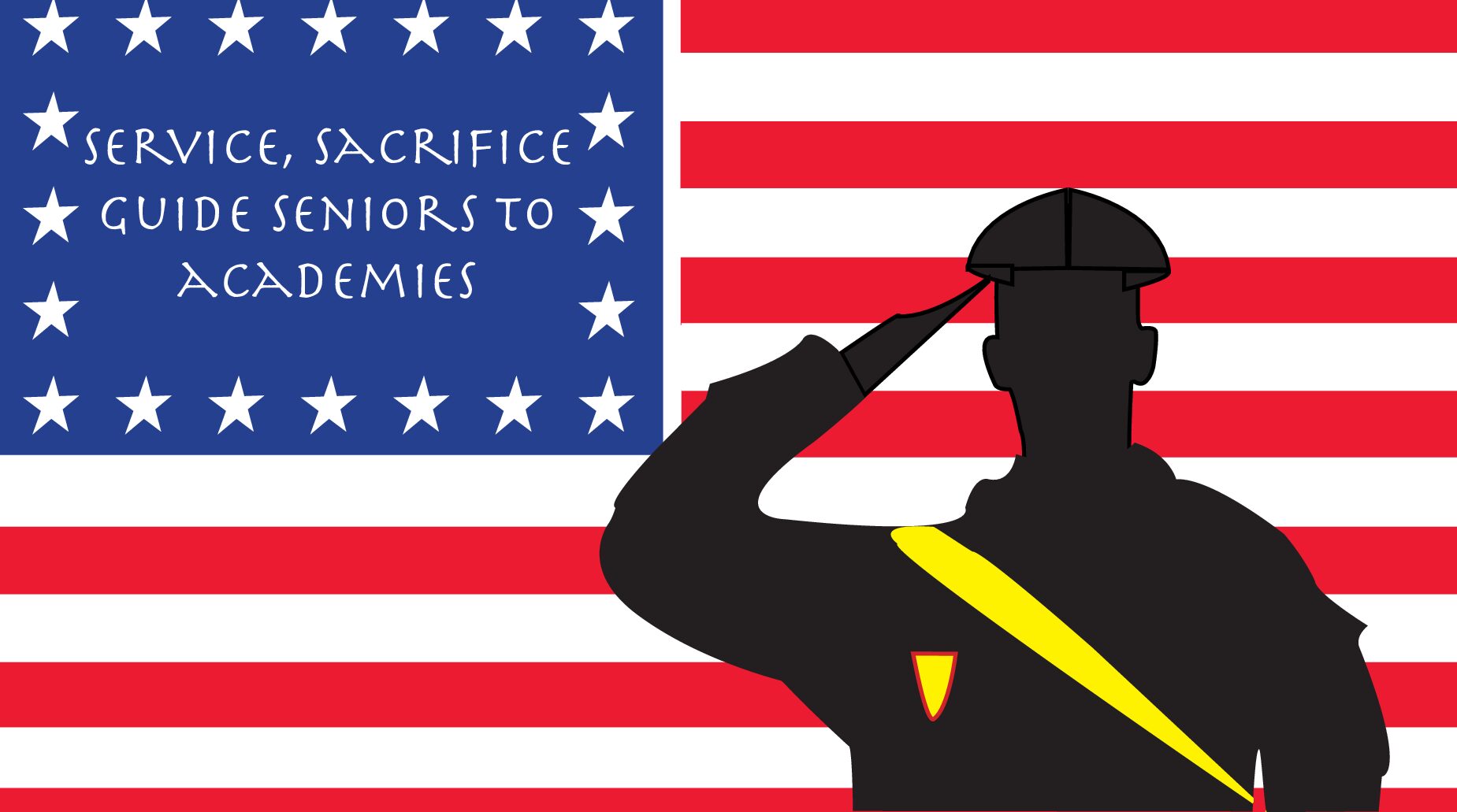Allie Neugeboren & Sofia Paloka
Reporters
@alneugiecourant
@spalokacourant
Mary leaves the notebook in the car, and regretfully drags along their parents and siblings on an all day journey. Anxiety builds up but Mary remembers to stay calm as they walk into a building that appears to be the one they looked at on the website.
Senior, Mary Taylor has been through the college visiting process many times. While some students get anxious and stressed while visiting schools, Mary approaches the situation calmly. “I go in with the loosest vibe and view the school as if I was a sibling,” Mary said.

Some students overlook basic preparation for scheduling college tours. They must remember what to do, and
what not to do on this visit. However, Ms. Carroll, the Coordinator of the College and Career Center, reminds students to do a quick rewind before the visit even begins, “College visits start with making the appointment for the tour.” Ms. Carroll said, “It is important to use your legal name while registering so that you can receive materials from the college.” These materials come in the forms of pamphlets and cards that provide information about the school to prospective students.
Senior Jono Betack enjoys receiving all sorts of informative documents from schools after visiting. “You’ll get letters from schools once you visit telling you about their programs, traditions and how they are unique from other schools,” Jono said.
It is common for students to set up a new email separate from your personal and school accounts. Jono notes that this separate account should be designated for emails from colleges concerning information on sessions and tours. “It can really help you organize your college materials and keep your information in one place,” Jono said.
According to Ms. Carroll, once you visit the school it is important to formulate your own opinion without the influence of your parents. “Tell your folks before the visits even start that you would be happy to discuss your view of the colleges with them but only after about a month has passed” Ms. Carroll said. “Let them know that you will need some time to think over and digest what you saw.”

However, Ms. Rivera notes that several months can make the memory of the school fade, so it is recommended for students to take notes while on campus. “Once you finish a tour, take some notes of your impressions so you can remember each school,” Ms. Rivera said. “Many aspects contribute to your opinion and soon after you visit quite a few schools, they all start to look the same.”
Ms. Rivera pointed out that, while taking notes can be beneficial, but paying attention and actively participating in the tour is critical. “The important piece is to pay attention, put your cell phone away and look engaged in the conversation,” Ms. Rivera said.
Mary adds that a method to ensure that you are listening to your tour guide is to physically appear interested. “Whenever I was interested in a certain college I tried to be at the front of the tour,” Mary said. “Also my phone was always off and tucked away.” As a student on a college tour, these tips are extremely important to follow closely.
Ms. Rivera notes that a common way students picture themselves at a college is by asking questions to themselves. “Always ask: can I see myself here? Am I comfortable? Can you run onto campus and join clubs and social groups? You cannot be afraid to talk to professors. Just be comfortable.”



